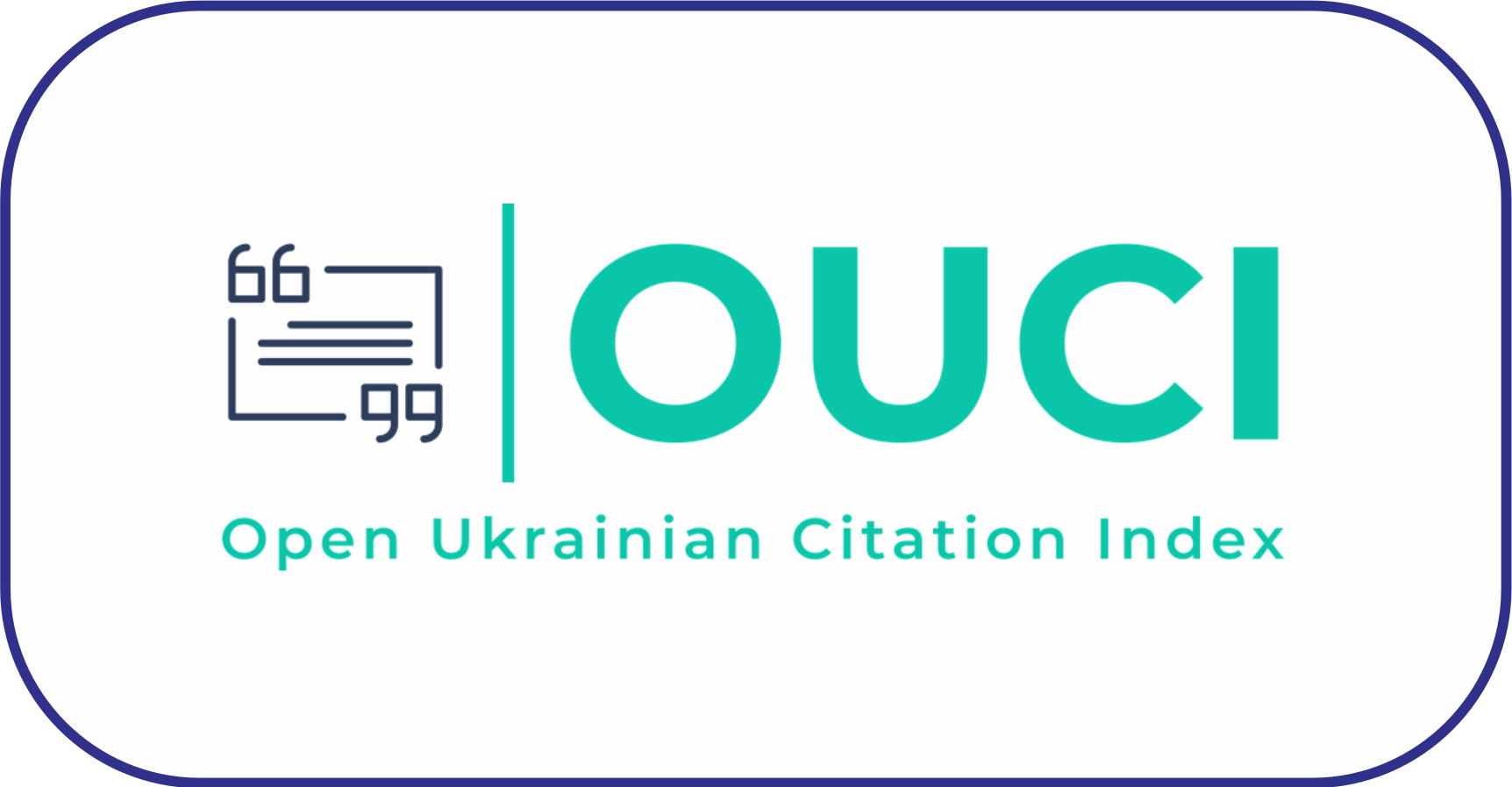Deciphering physiological, biochemical, and molecular responses of potato under salinity stress: A comprehensive review
DOI:
https://doi.org/10.63072/aab.18008Keywords:
Antioxidant activities, Osmoprotectants, Overexpression, Potato, Reactive oxygen species, Salt stressAbstract
Among abiotic factors, salinity poses a serious danger to agriculture on a worldwide scale, seriously impairing crop productivity. Salinity has a significant impact on food security, making potato (Solanum tuberosum) a promising crop for the future. Due to ion toxicity brought on by osmotic stress during salt stress, potato plant growth is impeded. High salinity levels induce osmotic stress, significantly disrupting the overall physiological health of plants. This disruption manifests in various ways, including the onset of nutritional imbalances, hindrance in detoxifying reactive oxygen species (ROS), membrane impairment, and decreased photosynthetic activity. The broad spectrum of impact adversely influences crucial physiological and biochemical processes in plants. These encompass maintaining water balance, regulating transpiration and respiration, optimizing water usage efficiency, preserving hormonal balance, controlling leaf area, overseeing germination, and hindering the production of antioxidants. The increased permeability of the plasma membrane and subsequent chemical leakage due to ROS during salinity stress result in water imbalance and plasmolysis. However, potato plants effectively manage oxidative stress induced by salinity by upregulating both enzymatic and non-enzymatic antioxidant activities. In response to counteracting the detrimental effects of salinity, plants synthesize osmoprotectants such as proline, polyols (including sorbitol, mannitol, xylitol, lactitol, and maltitol), and quaternary ammonium compounds such as glycine betaine. Many proteins and their interactions regulate the complex and varied pathways that contribute to the salt response and tolerance. This review intends to refocus emphasis on the need to investigate the physiological, biochemical, and molecular responses now in place and subsequently create viable mitigating solutions for salt stress in potatoes. © 2018 The Author(s)
Downloads
Published
How to Cite
Issue
Section
License
Copyright (c) 2018 Advances in Agriculture and Biology

This work is licensed under a Creative Commons Attribution-NonCommercial 4.0 International License.





























